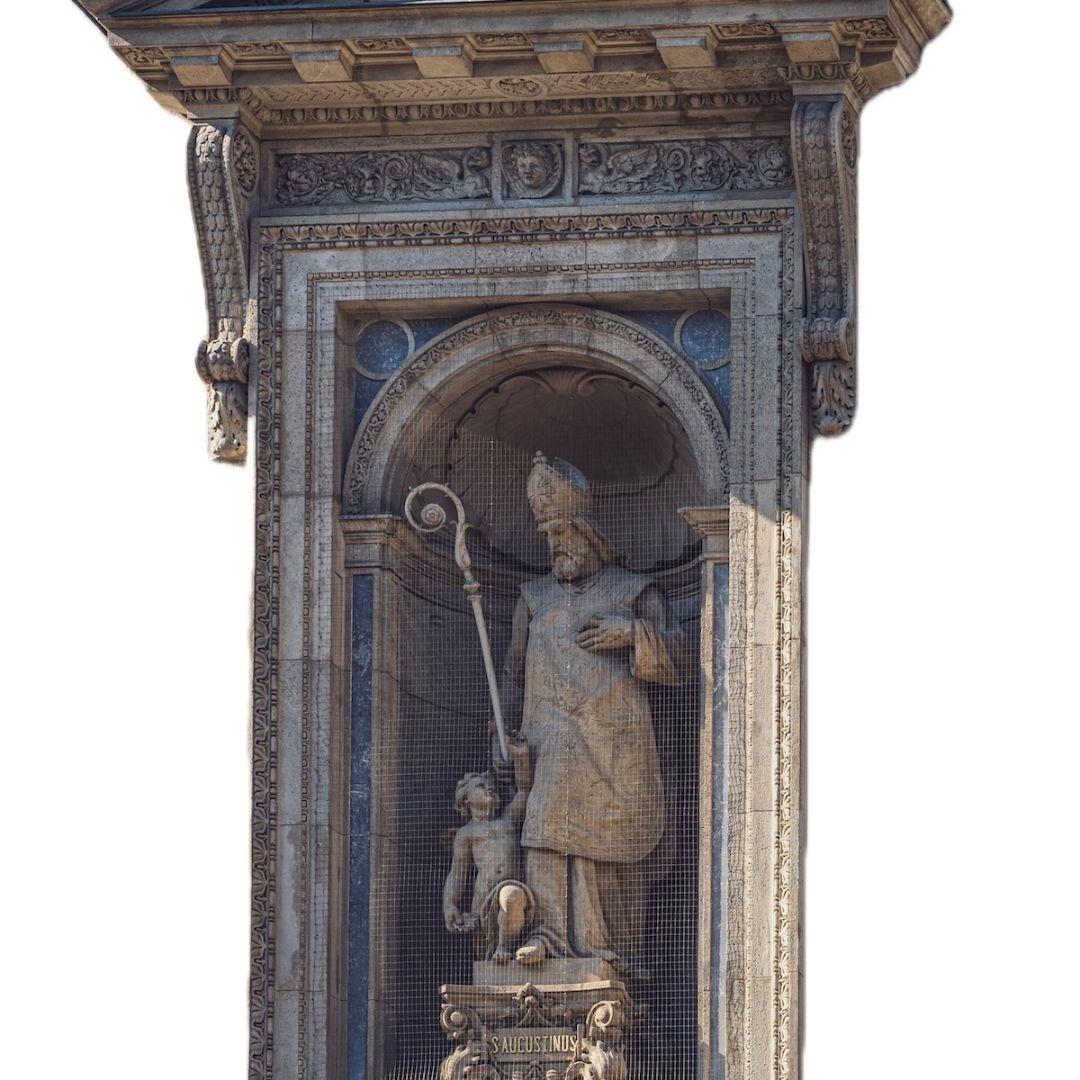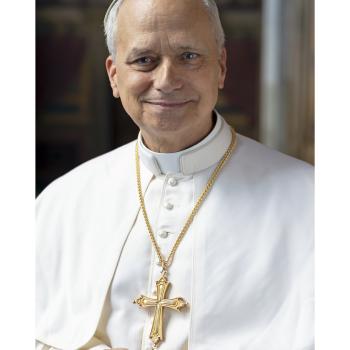What would Augustine say about a trans-man being pregnant? How would he respond to gender ideology?
I recently saw a video in which a “trans-man” was having a hard time coming to grips with the doctor’s announcement of her pregnancy. As much as the doctor and nurse tried to respect the individual’s feelings and efforts to identify as a man, they could not deny that the person’s female reproductive organs had indeed produced new life. The young person was distraught, saying “This can’t be. How will people look at a pregnant man?” The statement is true; there are no pregnant men. The doctor invited the individual to prepare to become a mother, perhaps identifying once again with the biological sex indicated by her body.
How would Augustine handle gender ideology?
Much of gender ideology begins with a linguistic fallacy that St. Augustine resolved 1600 years ago. In his book De Doctrina Christiana, he discusses how signs and reality are related. Everything that we know is either reality or a sign to signify reality. When what we say does not reflect what we know, are we being sincere? If we are going to have any kind of grasp of reality, we must begin by examining the facts of the case and using language to describe the reality we have discovered. A method giving priority to language over reality is doomed to confusion and insanity.
We learn what something is through speaking about it. We learn about reality by discussing the words that we use to describe it. A word is a sign that indicates a reality. If there is a divorce between reality and the sign, how can we grow or progress in knowledge? This is one of the primary problems of gender ideology: a loss of the connection between sign and reality.

Signs and symbols
“Omnis doctrina vel rerum est vel signorum, sed res per signa discuntur.” (Augustine, De Doctrina Christiana, 1.2) All that we know is either reality or some sign indicating reality, but reality is learned through signs. We need signs and symbols to progress in knowledge. Language is a shortcut to greater knowledge more quickly. If every individual had to re-discover all of reality for himself, we would have almost no scientific progress.
The American and Russian scientists and engineers who designed the rockets and spaceships that launched the first astronauts and cosmonauts into space would have gotten nowhere without the technology they had inherited from the German engineers who designed and built the V2 rockets during World War II.
Augustine discusses signs and symbols. Sometimes, a material object can be a sign of another reality. This happens for example when a flag represents a country. However, words are also signs, signifying some reality. So, every word is also part of reality.
Language of the body
When we divorce language about the person from language about the body, we are doomed to failure. Our body is too much of who we are to try to treat it as something completely different and unrelated.
The Christian vision of anthropology sees sexuality as a fundamental component of one’s personhood. It is one of its mode of being, of manifesting itself, communicating with others, and of feeling, expressing and living human love. (Congregation for Catholic Education, “Male and Female He Created Them. Towards a Path of Dialogue on the Question of Gender Theory in Education”, 4)
It would be great to get St. Augustine’s take on the battles that are going on about language today. Surely, he would remark on the clear Manichean bent of the ideology that is being pushed upon us all. When there is a focus on a dualism between the physical and the spiritual, even denying the spiritual; there is no way that it is going to be a healthy anthropology.
Our cultural crisis
How can we respond to our own cultural crisis? As much as the woke sectors of our culture would deny being fundamentalist, they are. Fundamentalism arises in every generation when a sector of society refuses to deal openly with the problems of the day and prefers to hold on to a set of beliefs and close their eyes to the facts that would dismantle their theories.
Augustine feels the pressure of the fundamentalist pressures around him. This could be coming from Gnostic or Manichean sectors, as well as some who are within the bosom of the Church. He argues against the anti-intellectual current by proposing a deeper education. By encouraging Christians to become educated and to know their faith more deeply, he is able to effectively stamp out the anti-intellectual current. We would do well to do the same. Ignorance is rampant in the Church. If we are able to educate the lay faithful, they will be much less susceptible to demagogues and counterfeit spiritualities that seek to distract them so as to avoid them attaining the higher things. (cf. 1Cor. 12:31) (Sheehy, “How Augustine’s Response to Fundamentalism Helps Us Today”)
I feel confident that Augustine would argue for our education. We need to understand reality and speak in a way that reflects reality. As Christians, the better we can formulate and defend our point of view, the better we serve our neighbor.












